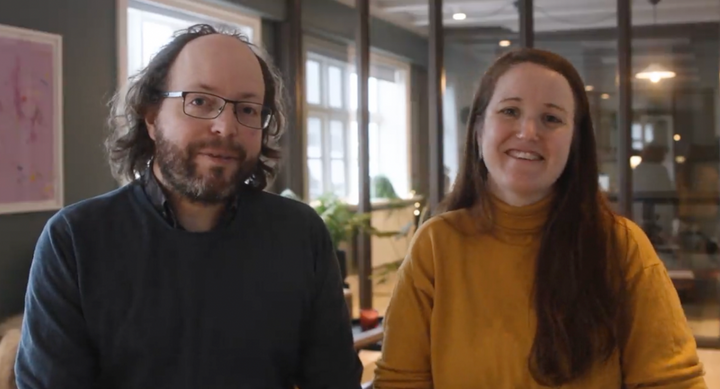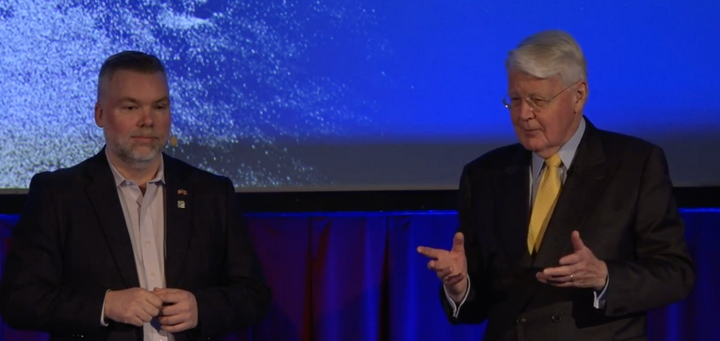Last four years in hindsight
In early 2008 I moved to Iceland after five years in Stockholm. In the next two years, I experienced, as many Icelanders, extreme changes in both the economy and mindset of people, both locally and non-locally. I will not dwell on that issue since so many have written and shared their thoughts on what could have gone better.
Since January 2010 I have worked for Arion bank, the second largest bank in Iceland. The first two years were in the Recovery department, pretty much restructuring of overleveraged balance sheets of Icelandic companies. It was a challenging task, but an experience I learnt a great deal from.

In late 2011 I switched course. I decided to continue to work for Arion bank but under very different circumstances, namely to build the bank’s work for and with the startup community in Iceland. And what a journey it has been. In the aftermath of the global financial meltdown, few years had to pass before most people and companies had either the energy or will to shift their efforts to something constructive rather than just coping with reality.
Today, Iceland has a thriving and vibrant startup community. Two business accelerators are in operation, the third one is planned in the first half of 2016, international conferences on Iceland are regularly held, three new VC funds (Eyrir sprotar, Brunnur and Frumtak II) have started in addition to the state owned NSA.
The accelerators are: Startup Reykjavik, Startup Energy Reykjavik and Startup Tourism. I have had the pleasure of building the first two ones at Arion bank with other people, since the bank owns these two. More on the accelerators later.
Two supporting entities to the community are in operation: Firstly, the state operated Innovation Center Iceland (NMI) and the privately owned non-profit Klak Innovit.
Additionally, there are several co-working spaces operated by several parties. The Icelandic Ocean Cluster hosts dozens of companies in all maturity stages in addition to investors at the beautiful harbor side downtown Reykjavik. Can’t help to love their place. NMI operates a few co-working spaces: Center for the creative industries at Hlemmur square consists of Hellirinn (The cave), Gasstöðin (The gas station) and Tónlistarklasinn (The Music cluster). Other spaces are availble from NMI’s side in Reykjavik and in towns close to Reykjavik. KPMG Iceland has one floor for startups, mostly in software. Innovation House, founded by Opera’s founder Jon Tetzchner has great facilities and hosts 15-20 companies on a regular basis.
My point is that almost none of these initiatives were available five years ago. The same trend has happened in Iceland as elsewhere in the Western world, where startups and entrepreneurs have started to be noted, not only by media, but by investors and the general public. Not to mention clients that gain value by purchasing their products and services. Building a thriving startup community does not happen overnight. It takes relentless efforts of people in various positions in society to do so. But mostly by entrepreneurs. What has happened is the cliché “Build it and they will come”, and Iceland is witnessing that these days. And there will be more coming.
Einar Gunnar Guðmundsson is a corporate entrepreneur at Arion Bank. This post was originally posted on his blog.
Norðurskautið covers the Icelandic Startup and Tech scene. Follow us on Twitter or sign up for our mailing list to keep up to date. You can also join our Slack community – http://bit.ly/slack-is
[mc4wp_form]




